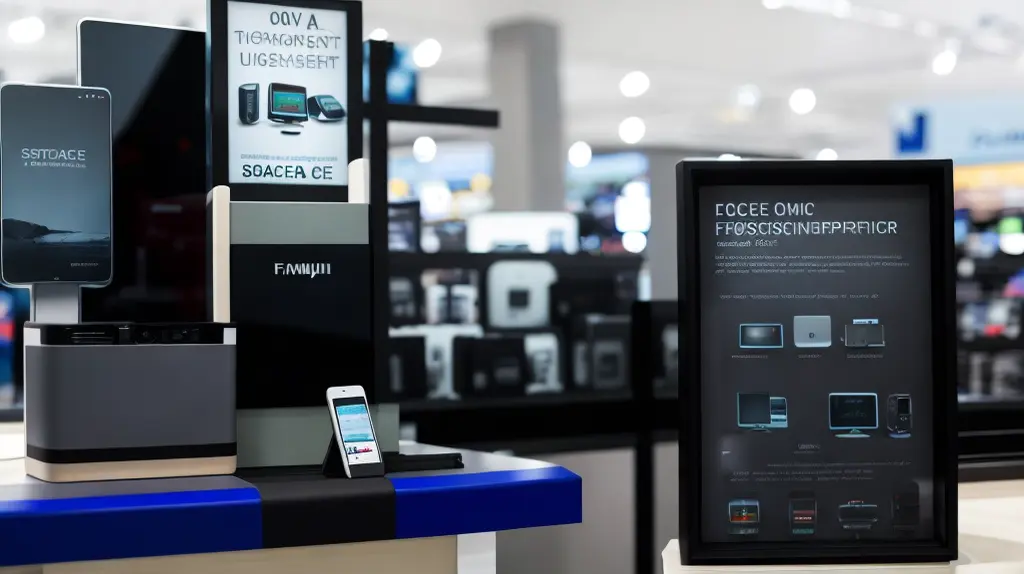British Tourists May Face ‘Lie Detector’ Tests When Trying to Enter EU
British tourists may soon encounter "lie detector" assessments when entering European Union nations, with AI software identifying suspicious travelers for immigration officers.
Checks are reportedly set to be enforced at airports and ferry terminals as the EU tightens borders post-Brexit.
According to reports, AI software that examines facial movements and body gestures during the application process has already been tested. If the technology detects signs of dishonesty or suspicious behavior, an immigration officer would be alerted to the traveler’s file.
The program could be introduced following the implementation of an initial entry-exit system (EES) and a visa-waiver system called the European travel information and authorization system (ETIAS) for short stays up to 90 days.
ETIAS documentation will cost €7 (around £6), and the EES is planned to be operational for British travelers starting October 6.
Patrick Breyer, a German member of the European Parliament, dismissed the "lie detector" test as "pseudoscience," arguing that it is impossible to label someone as deceitful based solely on facial expressions and gestures.

He stated: "It will discriminate against anyone who is disabled or who has an anxious personality. It will not work."
There are intentions to incorporate the software into both the EES and ETIAS to enhance operational efficiency.
The program has already undergone successful trials, known as iBorderCtrl and Trespass, despite criticism from civil rights organizations.
Currently, British citizens can stay up to 90 days in the EU once their passports are stamped at borders.
Starting in October, travelers will have biometric data – including facial images and fingerprints – collected from their first visit to Europe and then every three years subsequently.
ETIAS will then be introduced for short stays of up to 90 days from the middle of next year.
British tourists will have to apply online for ETIAS at least a month before travel, similar to the US ESTA visa waiver.
If the AI software is integrated into the schemes, tourists could be interviewed online by an avatar immigration officer, who will ask about their name, date of birth, and reason for travel.
The technology will scrutinize eye movements, body language, and facial expressions to determine if the respondent is truthful.
Personal data of applicants will then be cross-referenced with databases containing information on terrorists, criminals, and illegal immigrants.
During one pilot, an applicant’s social media accounts were also checked, raising concerns that political comments on platforms could be evaluated.

The iBorderCtrl trial, carried out in Greece, Hungary and Latvia between 2016 and 2019, used avatars to interview participants and monitor their expressions.
Meanwhile, the Trespass pilot – which was tested until November 2021 – saw facial expressions, gestures and body postures analysed to see if a “traveller is telling the truth,” according to official papers.
Border agencies are not banned from using such software under the Artificial Intelligence Act.
The EU is creating a database, known as the common identity repository, which holds 300 million records of people – including terrorists and criminals.
The Mail on Sunday reports that all British citizens entering the EU will have their data stored in this way. The iBorderCtrl trial, conducted in Greece, Hungary, and Latvia between 2016 and 2019, used avatars to interview participants and monitor their expressions.
Meanwhile, the Trespass pilot, tested until November 2021, analyzed facial expressions, gestures, and body postures to determine if a traveler is being truthful, according to official documents.
Border agencies are not prohibited from using such software under the Artificial Intelligence Act.
The EU is developing a database known as the common identity repository, which will hold 300 million records of individuals, including terrorists and criminals.
All British citizens entering the EU will have their data stored in this database.





